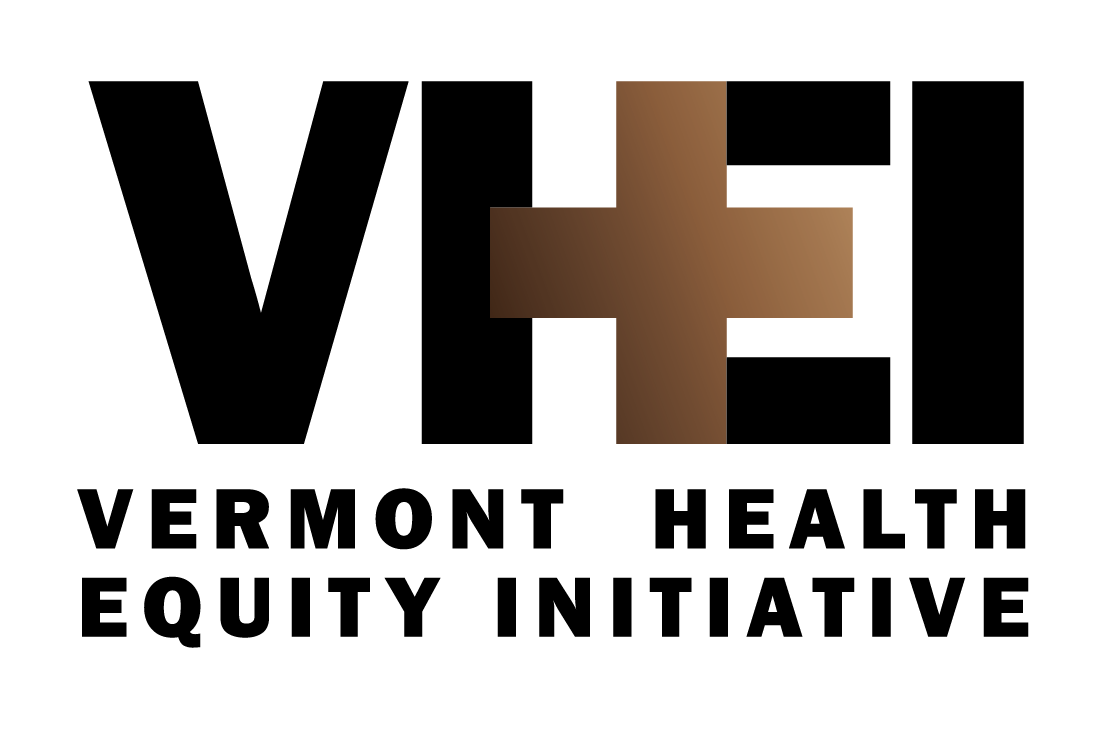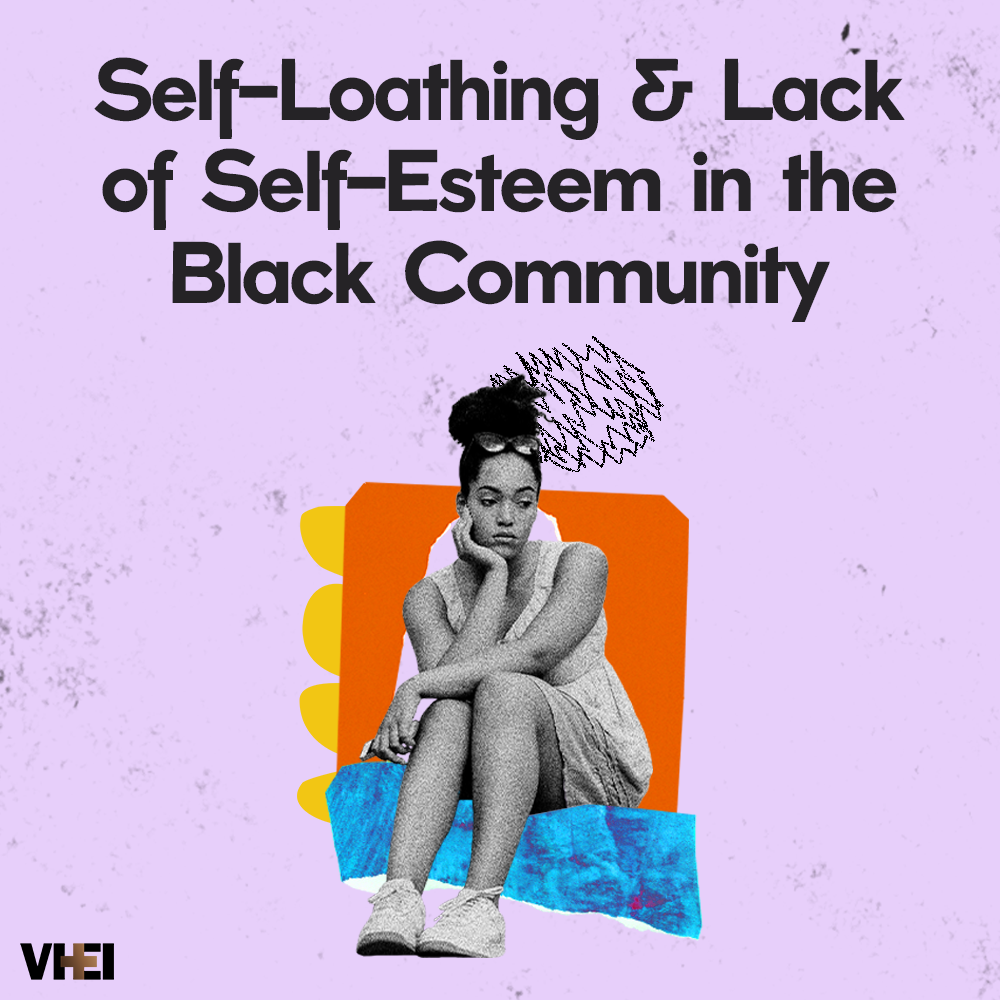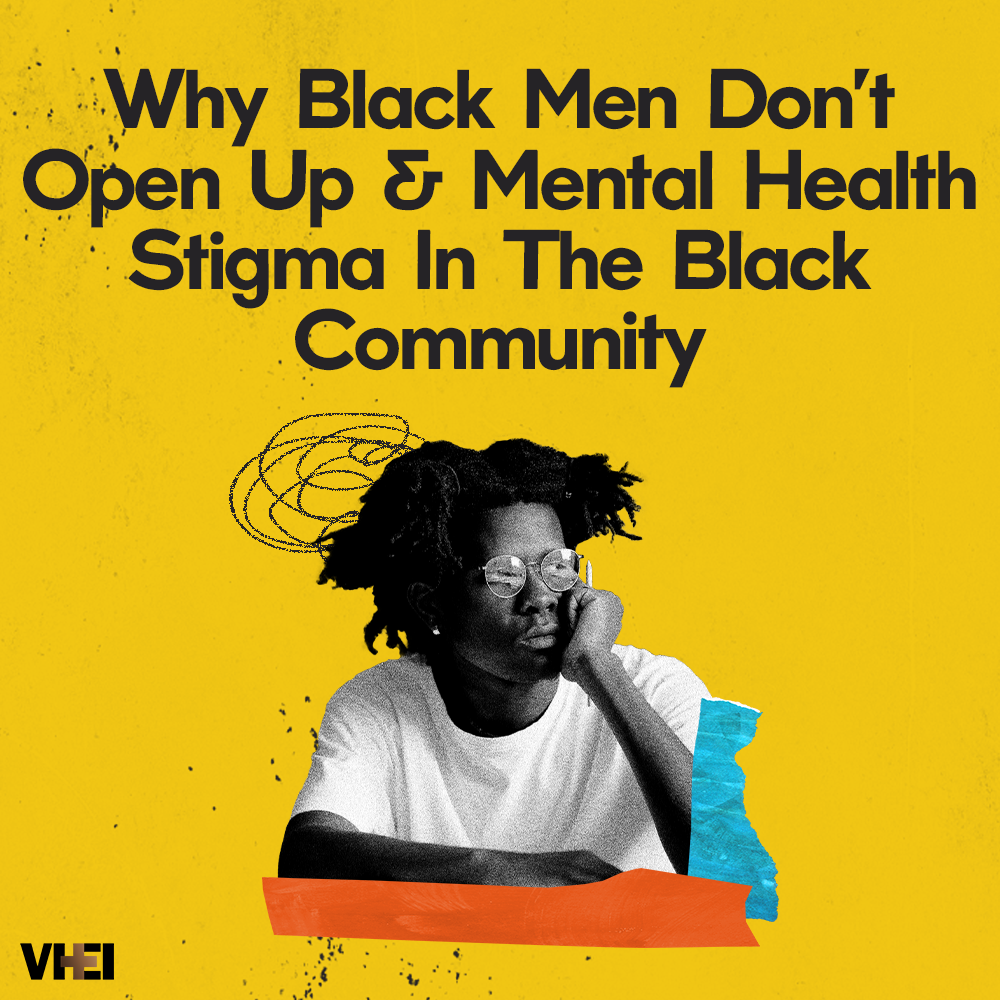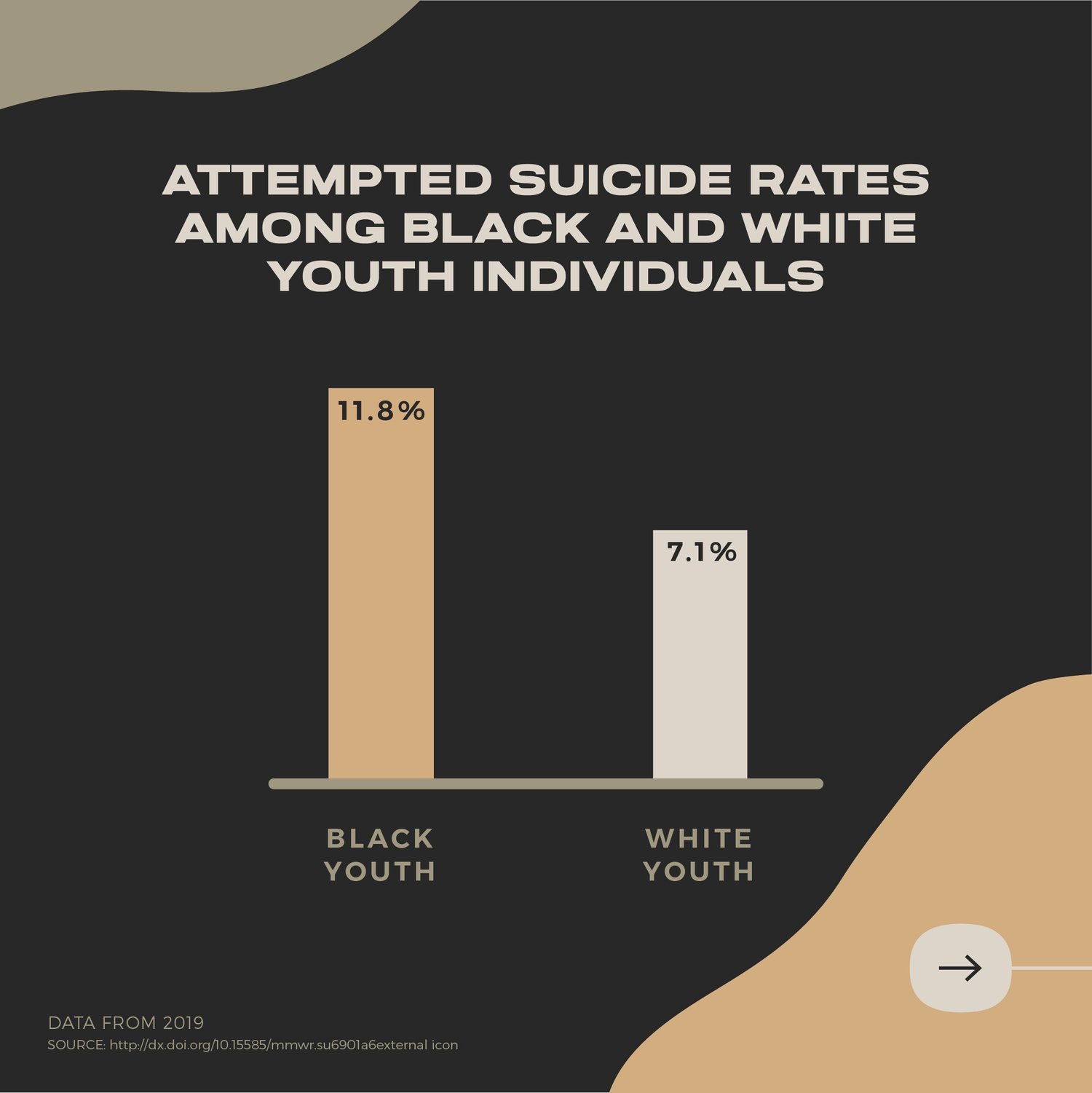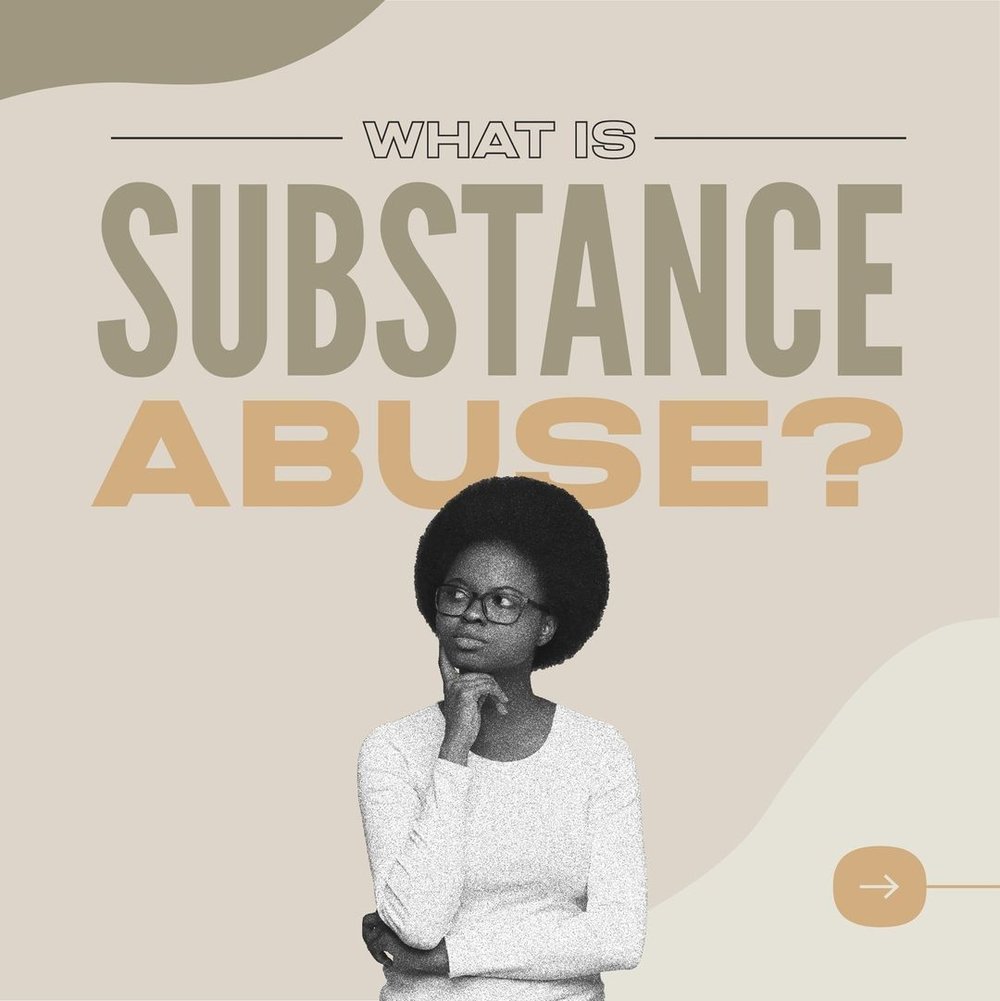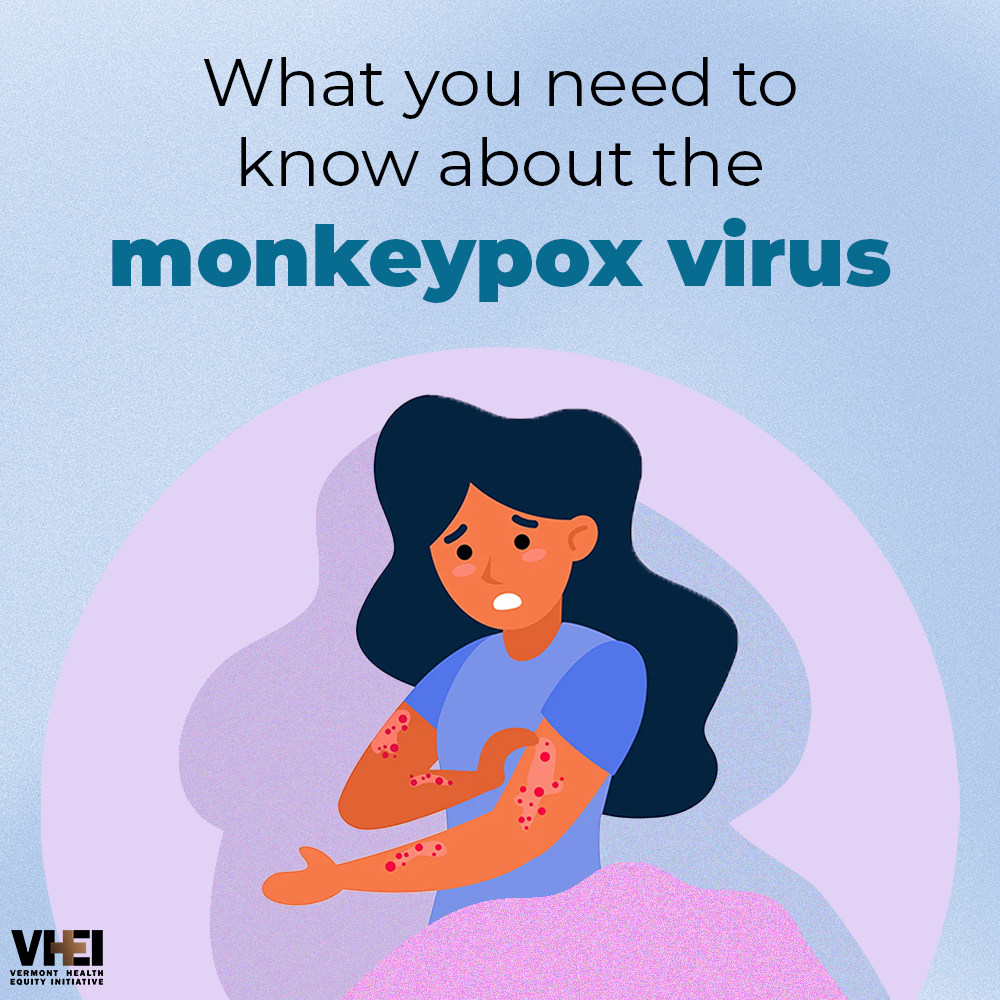


We are an organization dedicated to providing accessible, human-centered healthcare to all BIPOC Vermonters. Driven by the needs of our members, we educate and elevate our communities while advocating for health equity on both the policy and institutional fronts.
Oral health is a crucial indicator of overall health. Most oral diseases and conditions share risk factors with the leading noncommunicable diseases (cardiovascular diseases, cancer, chronic respiratory diseases, and diabetes). These risk factors include tobacco use, alcohol consumption, and unhealthy diets high in free sugars, all traditionally seen at higher rates in BIPOC communities.
Social Determinants of Health are the social, economic, and environmental factors that impact health and contribute to health disparities. For Black Americans, several SDOHs disproportionately affect health outcomes. These include economic status, education access, healthcare access, neighborhood and built environment, and social and community contexts.
African American males have a relatively high rate of oral cancers, are typically diagnosed at later stages of the disease than other racial groups, and have a significantly lower 5-year survival rate. To learn more about the importance of dental health, check out Grin! Magazine from our partner Northeast Delta Dental.
In honor of Black History Month, we at the Vermont Health Equity Initiative (VHEI) are committed to acknowledging the ongoing struggles of the Black community and working towards creating a more equitable and inclusive healthcare system.
February is International Boost Self-Esteem Month! Self-esteem is an essential factor in overall mental health and well-being; it is the foundation of a positive self-image. It affects how we perceive ourselves and interact with the world around us. Unfortunately, for many Black girls and women, self-esteem can be a significant challenge due to societal and cultural messages that often promote a narrow standard of beauty and value.
Poverty is a social determinant of health (SDOH) that can significantly impact the health and well-being of BIPOC communities. Poverty can lead to social and economic disadvantages that can hold BIPOC communities back and cause barriers to success. If you are living in poverty in Vermont and seeking support and resources, we encourage you to explore these resources.
In honor of Black History Month, it is vital to recognize and address the unique mental health struggles Black men face. We’ve compiled a list of tips to support Black men and begin open conversation.
For many, the holidays are a time of happiness; full of family, friends, good food, and activities. For others, however, it can be a period of painful loneliness, recognizing grief and loss, anxiety, or depression. One of the best ways to combat these negative feelings is to get outside and participate in the activities and events offered in your community. This holiday season, VHEI has created a directory of some organizations and events around the state that will help get you moving and in a better mental state.
Stay Up-To-Date On The Most Recent COVID-19 Vaccinations
This past October, VHEI’s Co-founder Weiwei Wang led a panel discussion at the Health Equity Summit hosted by The University of Vermont Medical Center.
This past October, VHEI’s Co-Founder and Program Director, Belan Antensaye, sat down with Dr. Marissa Coleman of The University of Vermont Medical Center to ask Coleman for her insights on the complexities of mental health within the BIPOC community.
BIPOC communities are more likely to be negatively impacted by mental health stigma. Click to learn why.
Is The United States Facing A Potential ‘Tripledemic’?
A recent study by the CDC found that while the overall suicide rate in the U.S. has decreased, the rate among black communities has increased.
Drug dependence and drug abuse look different for everyone. Substance abuse is the medical term used to describe a pattern of using a substance (drug) that causes significant problems or distress. When problems related to substance abuse are ignored and continued, one develops a substance dependence, making it even harder to quit
Moderna and Pfizer both have new bivalent vaccines that target the original strain of coronavirus and omicron subvariants (including the highly contagious BA.4 and BA.5), which have been rapidly spreading throughout the world for the last few months.
We compiled a directory featuring cultural clubs and affinity groups at Vermont colleges! This is a great resource to pass on to a current or incoming BIPOC individuals who are looking to connect with culturally aligned students.
988 Suicide and Crisis Lifeline is the new and revised program adopted from the National Suicide Prevention Lifeline. After contacting 9-8-8, trained crisis counselors will be available 24/7 through call, text, and chat to provide immediate support for those who are experiencing suicide, substance use, or any other mental health or emotionally distressing crisis.
The CDC is working towards equitably balancing resources for outbreak response in non-endemic countries with control in endemic countries (e.g., access and distribution of vaccines and therapeutics).
While most people who develop COVID-19 fully recover, some people develop a variety of mid- and long-term effects. People may also experience psychological effects as part of post COVID-19 condition.
The first human case of monkeypox was recorded in 1970. Prior to the 2022 outbreak, monkeypox had been reported in people in several central and western African countries. Previously, almost all monkeypox cases in people outside of Africa were linked to international travel to countries where the disease commonly occurs or through imported animals. These cases occurred on multiple continents.
Bebe Moore Campbell was a pioneer in advocating for equitable mental health care, especially for Black and African-American communities. Through her best-selling books and powerful NPR commentations, she spoke on the harmful mental health stigma in black communities, and how that affected her experience as a Black woman in America.
Stories + News
Never miss an important health update.
-
Support Us
Donate to the Vermont Health Equity Initiative help us address health disparities.
-
Read Stories
Learn more about healthcare disparities and how you can make a difference.
-
Use Our Tools
Access tools and resources that will empower you to support your own health and advocate for your well-being.
-
Partner With Us
Make a difference in the fight for healthcare access for all by becoming a partner of the Vermont Health Equity Initiative.

